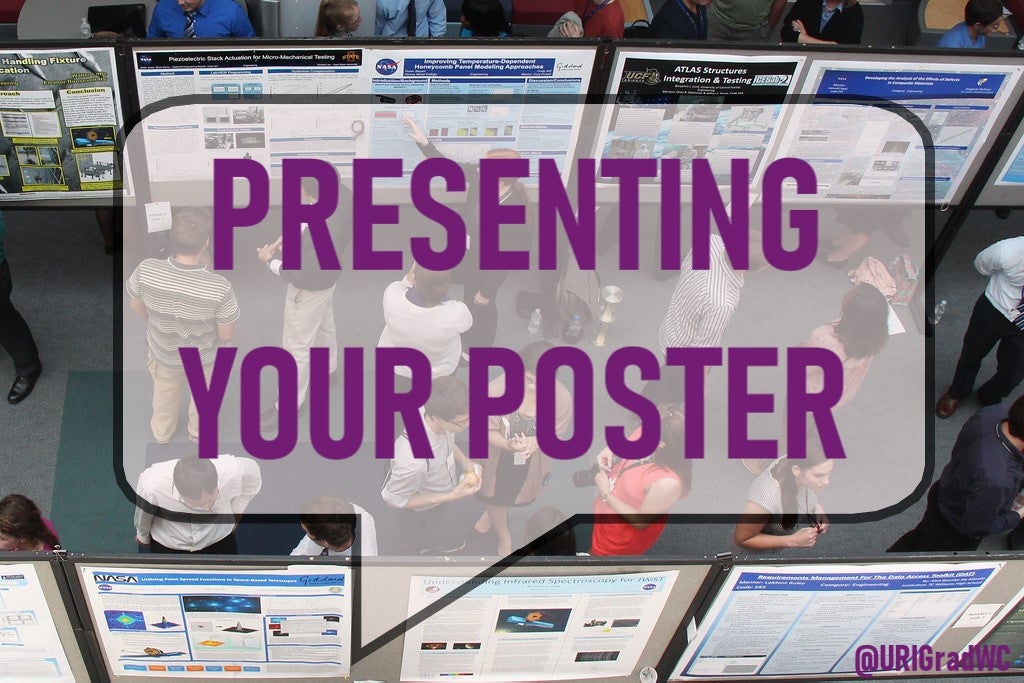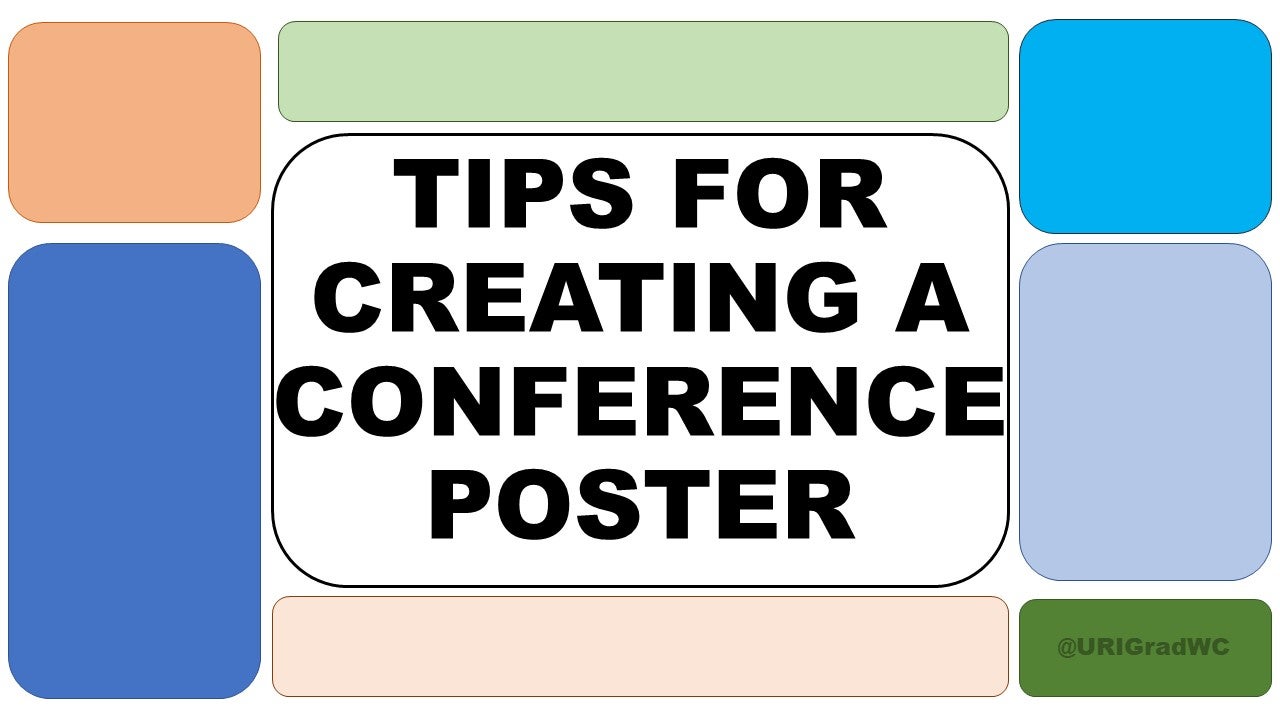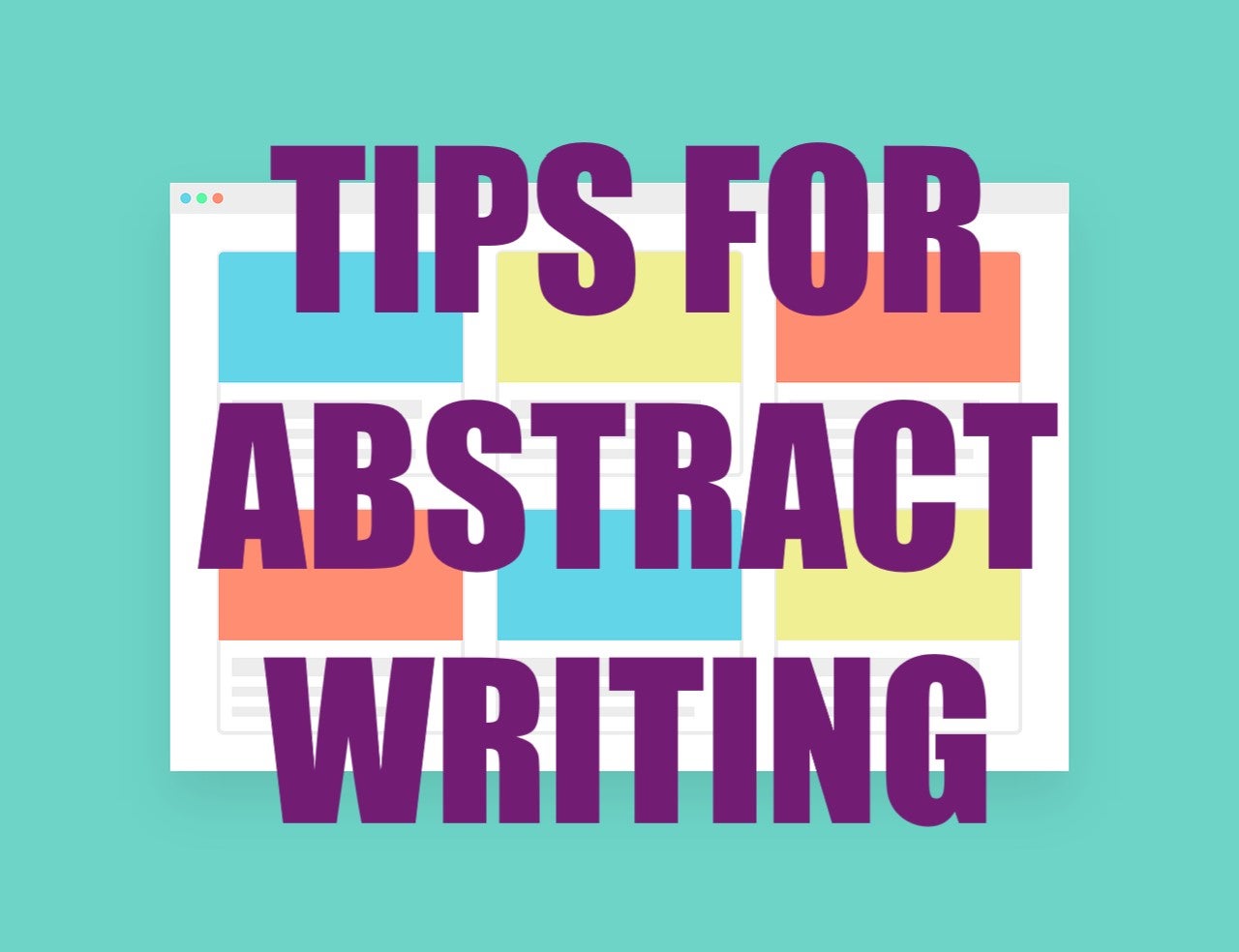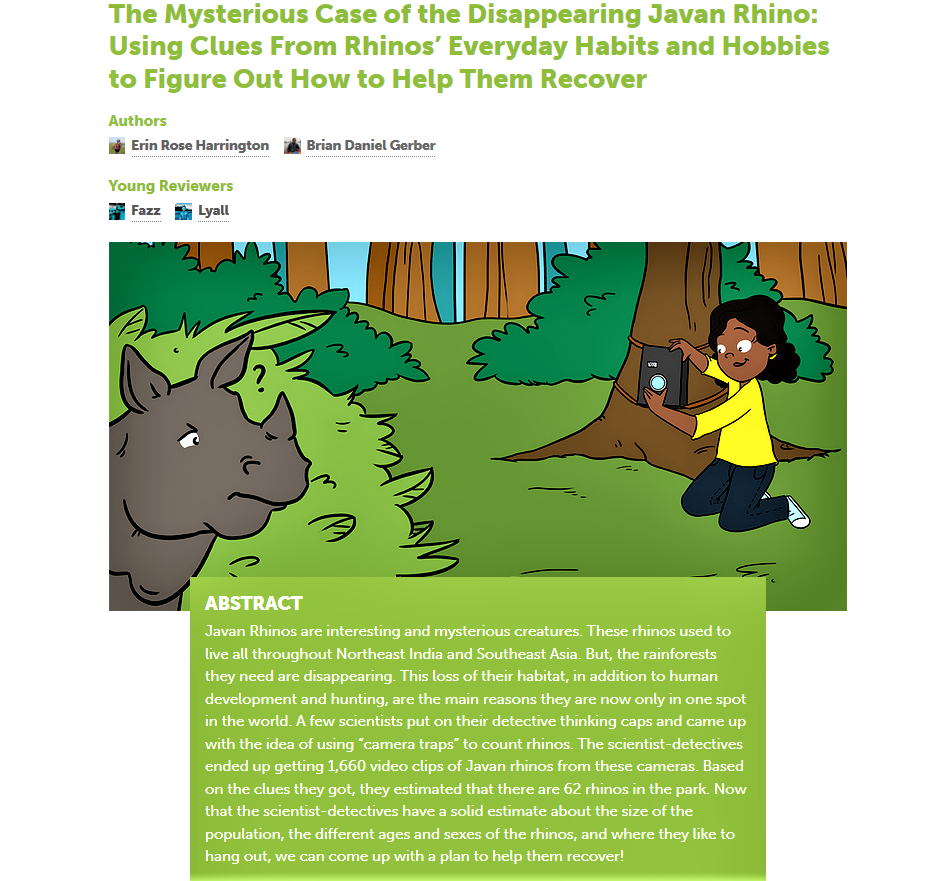Creating a poster is one challenge, but presenting a poster is another. Below you’ll find some helpful tips in presenting an effective poster that will help to engage your audience and connect to the maximum number of people. Bring business cards. Poster presentations are great networking opportunities. If your poster strikes up a good conversation, […]
Continue reading "Presenting Your Poster"Blog
Tips on Creating a Conference Poster
Poster presentations are a great opportunity to share your research, gain feedback, and network with scientists from various fields and specialties. Below you’ll find some helpful tips in creating an effective poster. Sketch your poster first. It is often helpful to sketch how you plan to organize your information before creating the poster. This helps […]
Continue reading "Tips on Creating a Conference Poster"Tips for Abstract Writing
Although the shortest section of a paper, writing an abstract if often considered the hardest section of a manuscript to write. Often limited by word length, writers must adequately and concisely summarize their research for broad audiences. Below you’ll find abstract writing tips. Some of these tips were adapted from the ASA, CSSA, SSSA 2013 […]
Continue reading "Tips for Abstract Writing"GWC Tutor Publishes Article in Frontiers for Young Minds
What do you think when you hear the term “science communication?” Maybe you think of a science news column in the newspaper, a science-themed blog, or Neil deGrasse Tyson’s Twitter account. Or, maybe you think of jargon-packed science journals and presentations at scientific conferences. But what about science communication toward kids? Graduate Writing Center (GWC) […]
Continue reading "GWC Tutor Publishes Article in Frontiers for Young Minds"How to Master the Art of Proposal Writing
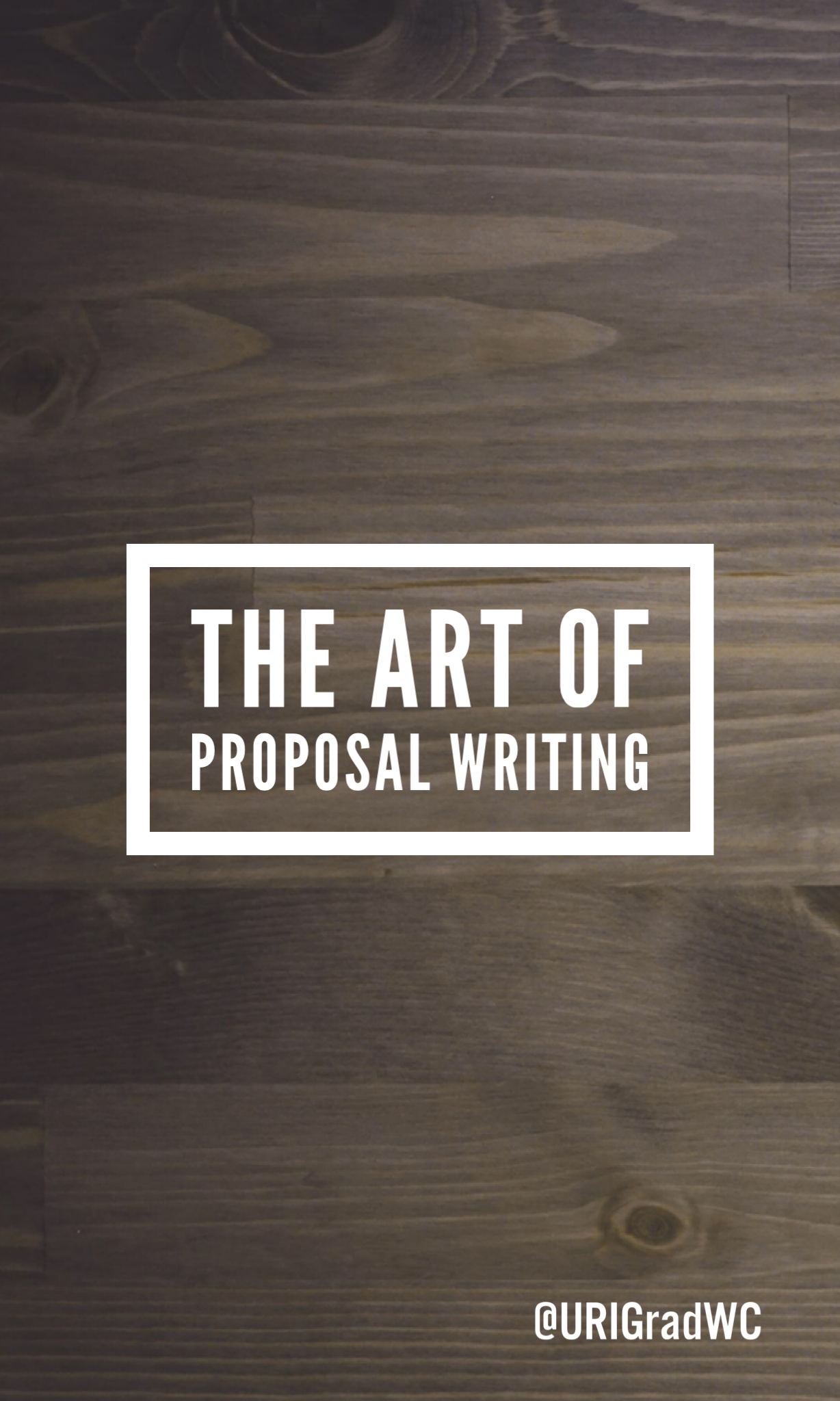
How to Master the Art of Proposal Writing
Writing an effective grant proposal is one of the most important skills in ensuring a successful career in academia. The problem is, we are rarely given the appropriate writing training to craft clear and persuasive proposals that will ensure securing that grant or fellowship award. Additionally, it is hard to predict what reviewers expect writers to emphasize in their proposals. Do they expect emphasis on the research, the broader impacts, or the professional development of the researcher?
The following article, written by Crustal Botham and Tanya Evans in the Career Column of Nature outlines key concepts that young academics should be honing in on when drafting up a fellowship proposals. Surprisingly the major advice that they present, is that rather than focusing on the research you want to get funded, you should put greater emphasis on your overall career goals and training. Check out the article to learn more about crafting that award-winning fellowship proposal.
Communicating Our Science: URI’s Graduate Certificate in Science Writing and Rhetoric
A student experience shared by Felicia Woods, GWC Tutor URI has a new Certificate in Science Writing and Rhetoric, and it is a game changer for anyone in a STEM field. As a part of the second cohort of the SciWrite pilot program at URI, I am one of the students who tested the structure […]
Continue reading "Communicating Our Science: URI’s Graduate Certificate in Science Writing and Rhetoric"Concise Writing: Tips and Tricks
Tips for writing concisely by Danielle Perry, GWC Tutor Writing concisely is an important aspect of scientific writing and a skill that takes practice to develop. Being concise can help you reach your audience more directly and effectively. The following post provides helpful tips from the University of Wisconsin-Madison Writing Center to achieve clear, concise, […]
Continue reading "Concise Writing: Tips and Tricks"
